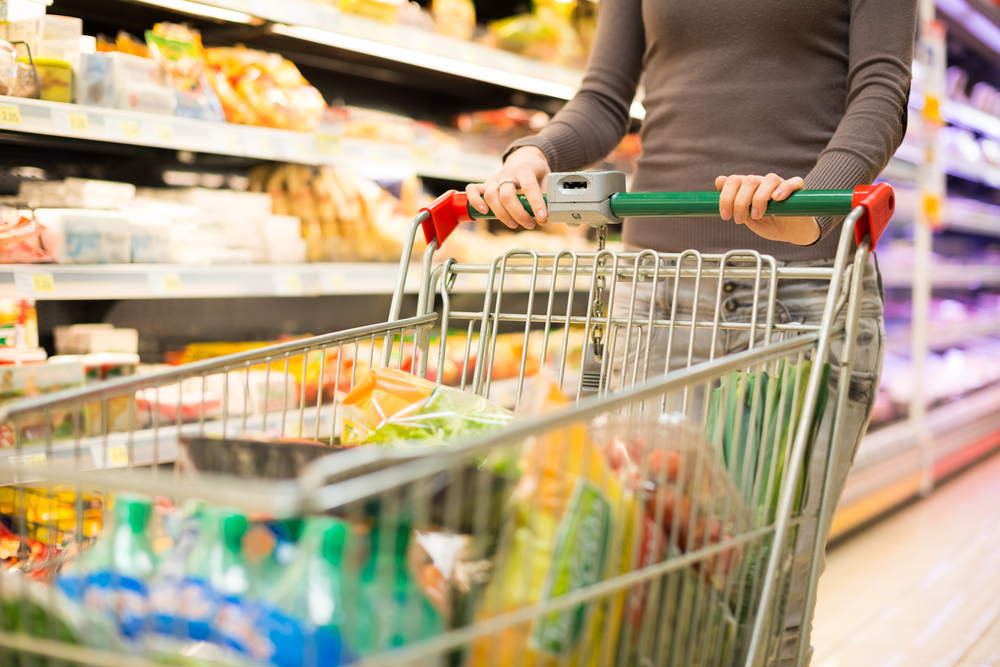Household Bills
Inflation flat: pay now rising well ahead of prices

UK consumer price inflation (CPI) unexpectedly remained steady at 1.9% in March, official figures show.
Economists had predicted inflation to tick up slightly to 2%.
The largest upward contribution to CPI was rising motor fuel and clothing prices, according to the Office for National Statistics (ONS).
The largest, offsetting, downward contributions came from a range of recreational and cultural goods, food and motor vehicles.
With average wages increasing by 3.4%, pay is now rising well ahead of prices.
The absence of inflationary pressures in the domestic economy means there’s no pressure for the Bank of England to raise interest rates, according to Ben Brettell, senior economist at Hargreaves Lansdown.

Wellness and wellbeing holidays: Travel insurance is essential for your peace of mind
Out of the pandemic lockdowns, there’s a greater emphasis on wellbeing and wellness, with
Sponsored by Post Office
“The Bank has said it thinks higher interest rates will be appropriate in the coming months, as it aims to keep inflation close to its long-term 2% target.
“Assuming – and it’s a big assumption – that Brexit happens in a relatively orderly fashion, we could see rates gently nudge up later this year.
“If we leave with no deal, however, all bets are off. Inflation will spike as sterling weakens, but the Bank will probably cut rates regardless in a bid to support the economy.”
Tom Stevenson, investment director for personal investing at Fidelity International, added: “With interest rates unlikely to rise much for the foreseeable future, savers and investors will need to continue seeking decent returns in the stock market.”